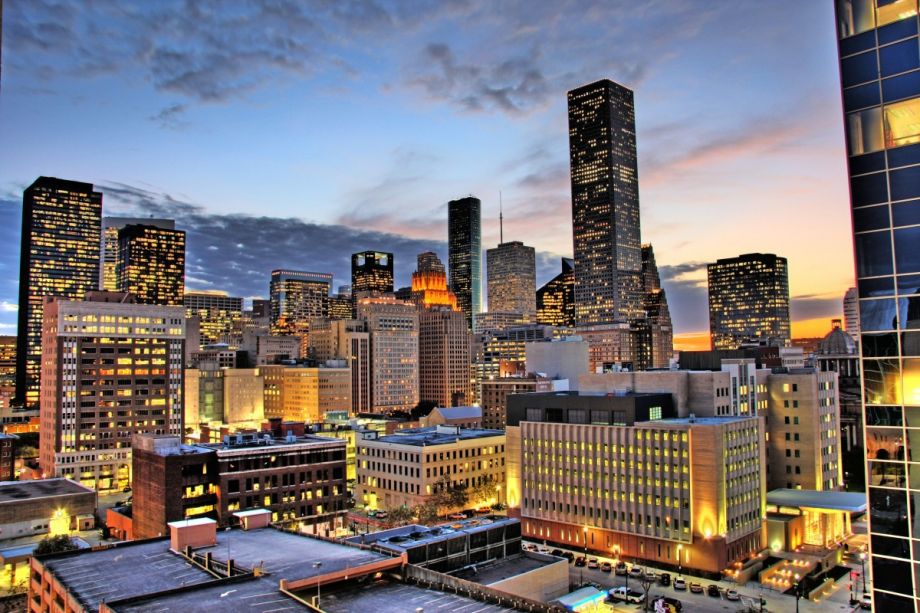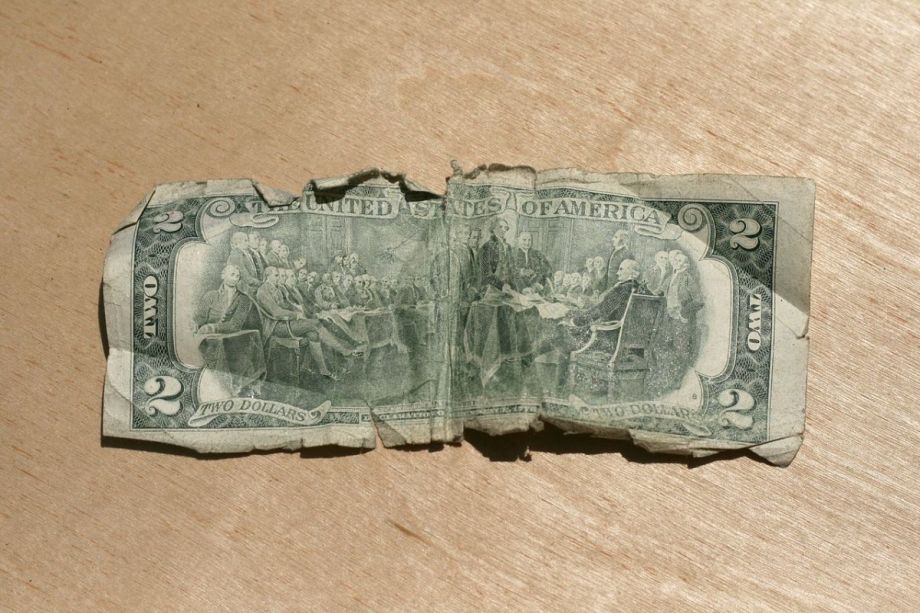[For over a year now, I've been corresponding with a young man who lives on Texas' Death Row in a prison in Livingston, Texas. He has been locked up for well over a decade. His appeals, almost exhausted. He is a changed, radically changed man.
Writing provides part of his coping strategy to manage the "lock down" conditions in which he lives (in solitary confinement for 23 hours a day). Recently, he sent me the following essay about a visit he enjoyed with his daughter.]
Sitting across from my little girl, looking into her eyes,
was a gift and a curse. 1- years- old, understanding the world, formulating her
own opinions on life. She was as beautiful as the first day I saw her. I knew
from the look in her eyes that it was time to break the news to her.
Looking at each other through 3-inch thick glass, attempting
to drown out the numerous sounds that invade our time, our connection was strong,
stronger than it’s ever been. It’s a gift to watch my daughter grow into a
woman. To watch the youth in her; to watch the innocence; the love she has for
me even though I haven’t physically been in her life daily, it was a gift to
watch all of this inside a visitation room, locked in a cage. I haven’t touched
my daughter in 11 years. Not knowing if I’ll ever touch her again because I’m
waiting to be executed by the State of Texas is a curse. It’s a curse not only
to me, but also to the numerous men and women that suffer the same circumstance,
that hail from lower-class neighborhoods; under privileged communities, not
only in Texas but across America.
Families are broken by America’s inhumane injustice system.
Looking in her eyes, I asked her, “Do you understand where Daddy’s at?”
In her innocent bubbly voice, she replied, “Yeah you’re in
prison.”
“Do you know what for?”
“You killed somebody.”
“Do you understand how much time I have?”
This was where the
hard part came in.
Again looking at me and replying in her jubilant voice, “Yeah
Daddy, you’re in here for life!”
“Okay baby girl, listen to me. Have you ever heard of the
death penalty or death row?” After shaking her head no, I continued, “The death
penalty is the sentence handed down to certain people when they’re convicted of
killing someone, like I was. You understand that?” She shook her head yes, but
I could see from the look in her eyes that the joy was fading. “Death row is a
place in prison where they live until they are murdered by the state. You still
with me?” She shook her head yes but her stare was more intense.
“Baby girl, I don’t have a life sentence. I have a death
sentence. I have the death penalty. I want you to understand that if we lose
this fight in the courts I can be murdered by the state.”
I felt myself choking up, but I was trying my best to hold it
in and be strong for my little girl. I wasn’t able to continue. My daughter
broke down crying, placing the phone on the table, and falling into her
mother’s arms. This was the first time I’ve seen my daughter cry since she was
a baby.
I was broken.
The levees holding back the flood broke at that moment.
As a father this was the hardest thing to deal with, your daughter crying right
in front of you and not being able to comfort her.
Breaking this news was the
hardest thing that I’ve ever had to do in my life. I always told myself that I
would never lie to my kids, so I knew that I had to find the right time to
break this devastating news. Too early and she wouldn’t understand the gravity
of the situation, too late and she would learn from someone else and that was
the last thing I wanted.
After doing my best to calm her down and explain to her that
we were not going to give up our quest of being together again, she stopped
crying and her fight came back into her eyes. She had so much of her Daddy in
her.
This situation highlights the way the criminal justice system
break families apart without conscience.
Many men and women are incarcerated
with long prison sentences, or in my case, the death penalty when they were
young and immature. Mistakes were made, crimes were committed, and sentences
were handed out. Most importantly, children were left behind, breaking families
apart.
After years of incarceration, the same men and women mature.
They are not the same individuals that committed the crime they were convicted
of, but due to the way the system is set up, the maturity they’ve attained
can’t be used to help curb the continuous cycle of children being caught up in
the criminal justice system.
Broken families are a huge problem within our communities.
This recent interaction I had with my daughter emphasized what a relationship
between a parent and their child means to both for their growth.
Something needs
to be done about this and needs to be done soon for the sake of the families
and the sake of our communities.
Think about this.
Christopher A. Young
999508
Texas Death Row

 Houston is one of four big metros where there was a notable drop in the poverty rate in 2014. (Photo by Eflon)
Houston is one of four big metros where there was a notable drop in the poverty rate in 2014. (Photo by Eflon)


